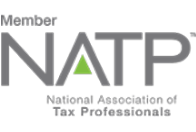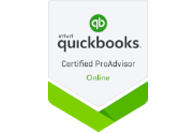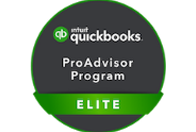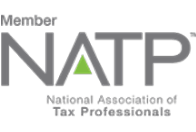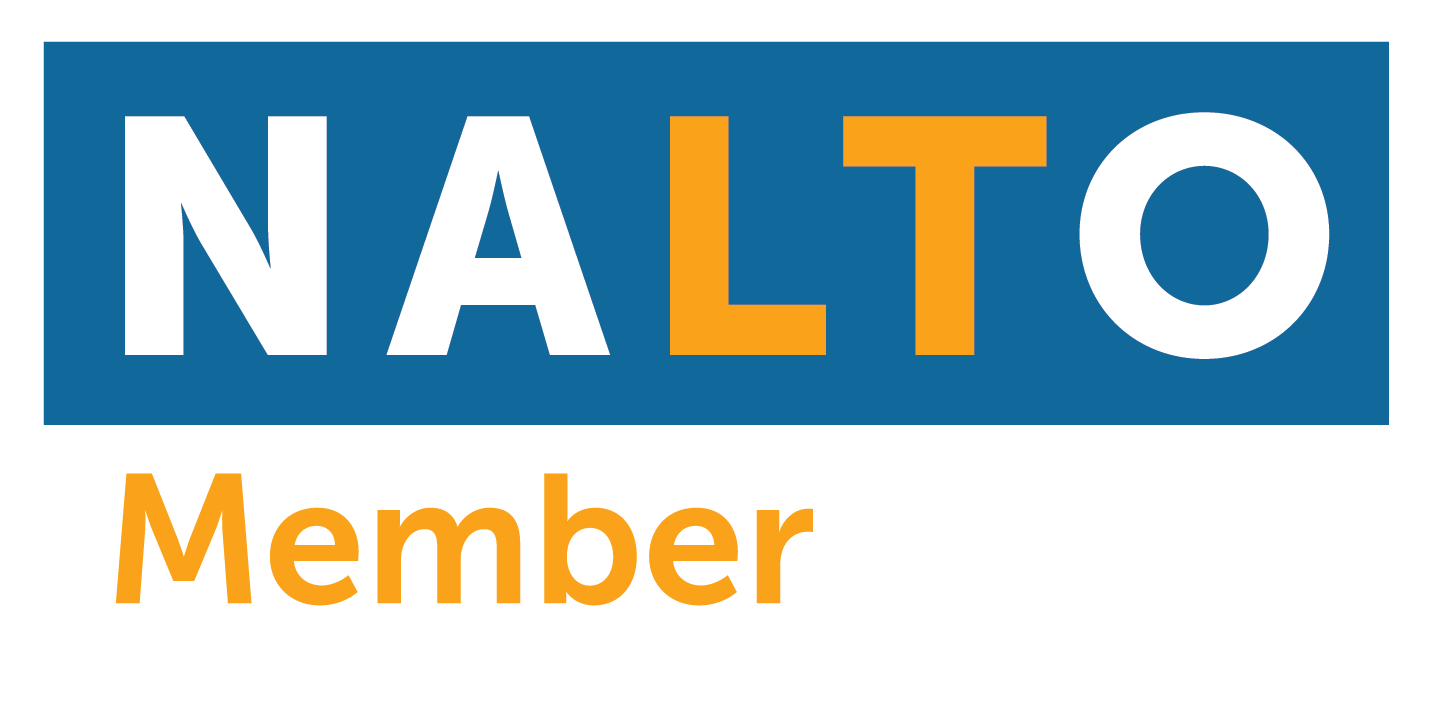Last November 21, the Internal Revenue Service (IRS) announced another delay in the implementation of the $600 reporting threshold for Form 1099-K.
According to IRS Commissioner Danny Werfel, this year’s delay was in response to the feedback received from taxpayers, tax professionals, and payment processors, making it clear to them that they need more time to effectively implement the new provision. Their main purpose for the delay is to reduce possible taxpayer confusion as the IRS estimates distribution of 44 million forms of 1099-K if implemented this year.
Year 2023 will be another transition period while the IRS works on how to properly implement the new rule.
Form 1099-K and the $600 Rule
IRS Form 1099-K documents the payments you received for goods or services from bank cards or third- party settlement organizations (TPSOs). You will receive one for any of these transactions:
- Accepting payment via credit, debit, or stored value card in exchange for goods of services; regardless of the amount and volume of transactions.
- You used payment apps or online marketplace for property rental, selling goods, or providing services; and have accumulated more than $20,000 from more than 200 transactions.
One of the provisions of the American Rescue Plan (ARP) Act of 2021 is the slashed reporting threshold for TPSOs from $20,000 down to $600. The new rule is irrespective of the transaction volume which means that a single transaction amounting to $600 will already warrant a 1099-K form.
This initiative aims to further reduce the tax gap since third-party reporting has been proven to improve voluntary tax compliance and reduce burden for taxpayers who seek to follow the law.
The lowered threshold was originally set to be implemented in 2022 until the IRS had a last-minute announcement last year making 2022 a transition period for the new rule. The delay was to give taxpayers more time to prepare and understand the new reporting requirements.
IRS Plans for a Phase-In Threshold of $5,000
Monies received from family and friends for personal transactions such as celebratory gifts or reimbursement of expenses should not be reported since those are not considered taxable income.
Sharing in a car ride’s cost, receiving gifts for your birthday, or accepting payment from a family member for household bills are some of the examples of non-reportable personal transactions.
According to the IRS, the complexity of what should be part of the reporting transactions also factored in the delay of the implementation of the ARP provision and it is also one of the reasons that IRS is planning to implement a phase-in threshold of $5,000.
The IRS is requesting feedback for their phase-in implementation plan and on how to ensure that only reportable transactions will be included.
Although the IRS extends the delay in the implementation of the new threshold, you must remember that it is the taxpayer’s responsibility to report all taxable income whether you receive a Form 1099-K or any other informational return.
Want to learn more?
You may want to consult and work with 1099 Accountant – We offer online bookkeeping, online advisory services and online tax and accounting services. We offer reasonable rates. We only work with independent contractors, freelancers, and one-person business. We work with locum tenens from California to New York City and everywhere in between. Yes, even Hawaii!
Contact us toll-free (855)529-1099 or make an appointment for a free consultation. Contact Us

